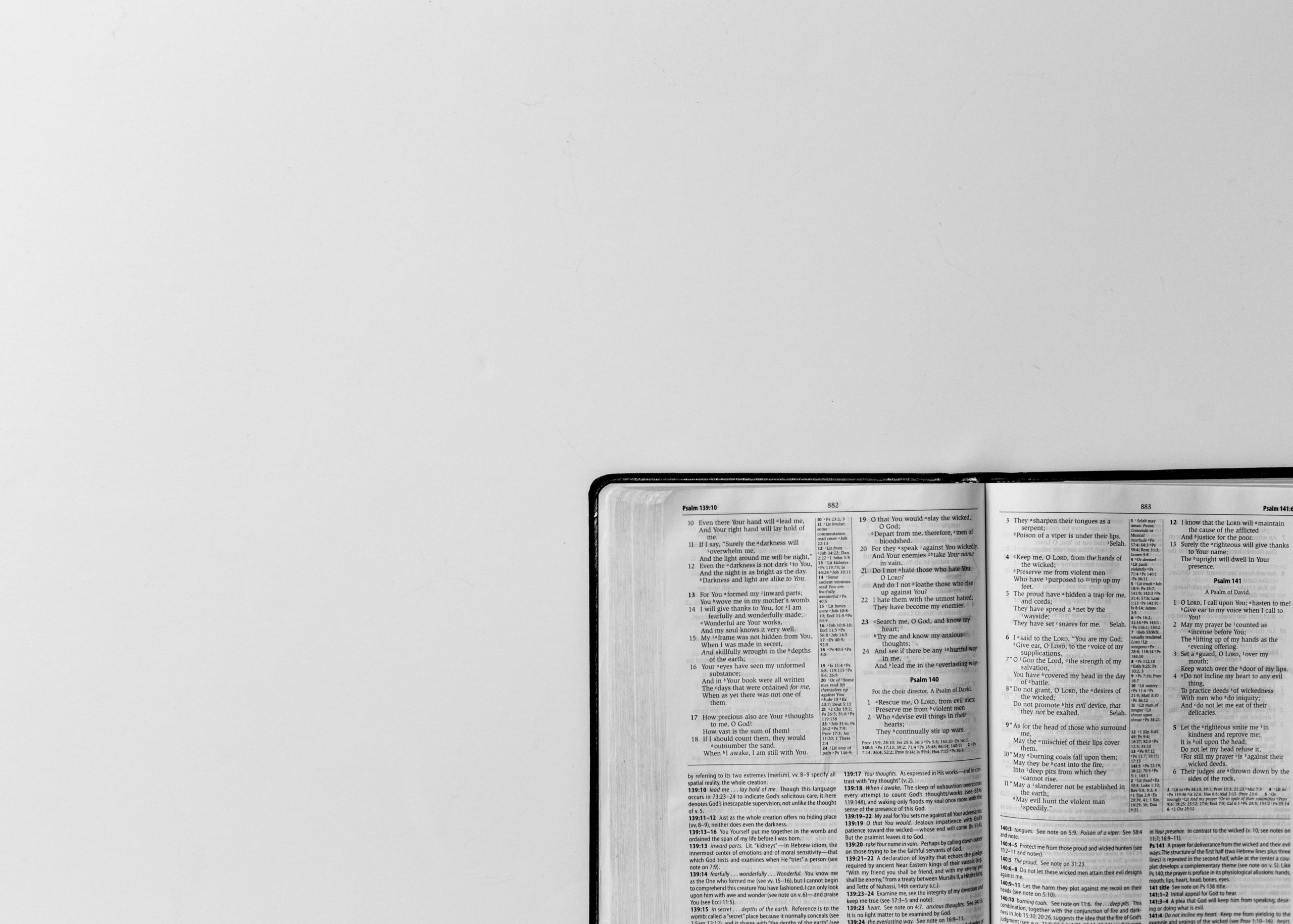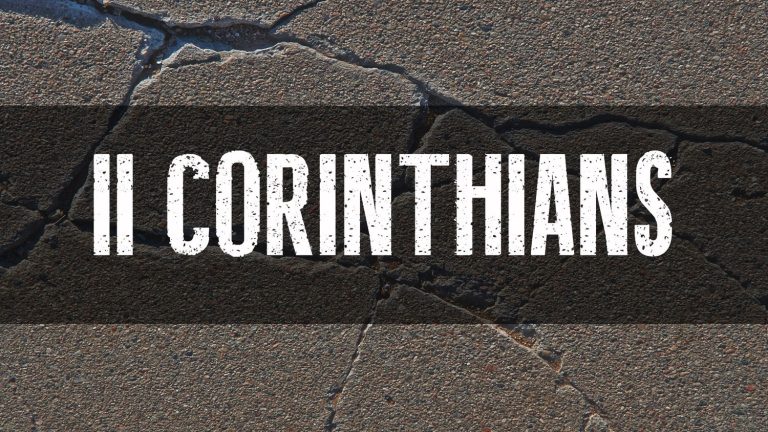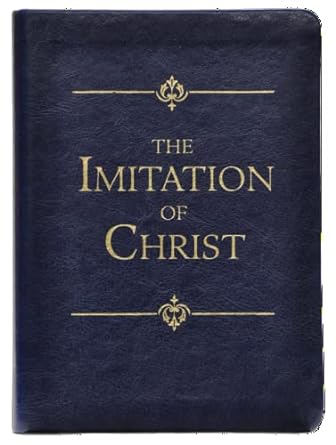
Ancient Anglican
A Modern Perspective on Early Christian Thought.
New on the Blog
2 Corinthians 3, pt.1
Have some thought about how our own witness to the gospel can be shaped by our particular circumstances, and how we might take some of the treasure of Paul’s letter(s) and apply it in our daily discipleship.
2 Corinthians 1-2, pt.2
These setbacks in Cornith and Ephesus appear to have sent Paul into a depression, and out of this depression, Paul has a different perspective on the troubles of the Corinthian church, or at least a different tone.
2 Corinthians 1-2, pt.1
Above all, though, we will pay close attention to how and why Paul’s experience of the resurrected Jesus led him to be such an effective evangelist.
2 Corinthians – Introduction
This year we will be reading through 2 Corinthians. The study this summer will be led by Rob Donahue. Rob is a native of Grace Church in Charleston and is a rising third-year seminary student at Sewanee.
Imitation of Christ – Book 2, Ch.9-12, pt.2
In looking at the Cross as the example to follow, the Cross is no longer something that happened a long time ago in a land far away but is something that happens to us in the here and now on a daily basis. The Cross is not only the promise of a transformed life in the hereafter but a transformed life today.
Imitation of Christ – Book 2, Ch.9-12, pt.1
Throughout the book, á Kempis tells us that we will always have difficulties and always fall short. His intention, however, is not to dissuade us from seeking Christ, but rather to let us know that our difficulties and failures are common to all so that we should not lose heart.
Imitation of Christ – Book 2, Ch.5-8, pt.2
Throughout his meditations, á Kempis keeps returning to the theme of having an intimate friendship with Jesus. An aspect of that friendship is the art of knowing how to converse with him.
Imitation of Christ – Book 2, Ch.5-8, pt.1
The first step towards Christ is not to worry about the state of someone else’s soul but ours. If we only attend to ourselves and our own shortcomings, we will lack the energy to correct others and will be unable to judge others too harshly.
Imitation of Christ – Book 2, Ch.1-4, pt.2
in being illuminated inwardly by Christ the prophecy of Jerimiah becomes fulfilled “I will put my laws into their minds, and write them on their hearts, and I will be their God, and they shall be my people. And they shall not teach, each one his neighbor and each one his brother, saying, ‘Know the Lord,’ for they shall all know me, from the least of them to the greatest.” Hebrews 8:8-13.
Imitation of Christ – Book 2, Ch.1-4, pt.1
These virtues are not additional rules and burdens that we are compelled to undertake, for as Paul says “against these things, there is no law”; rather these are desires and features of a transformed heart that actively seeks the kingdom of God which is within us all.
Imitation of Christ – Book 1, Ch.21-25, pt.2
The overall theme of these chapters (and the book) is to be prepared. Nothing should focus the soul and the mind as death and the threat of punishment.
Imitation of Christ – Book 1, Ch.21-25, pt.1
In these final chapters of Book 1, á Kempis focuses on the final stages of purgation: remorse, misery, death, and judgment. (It’s Good Friday all over again.)


